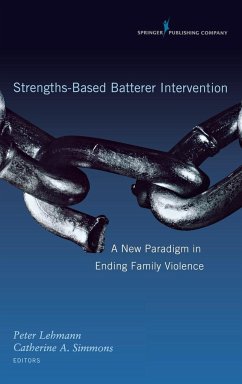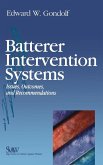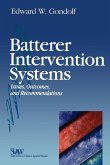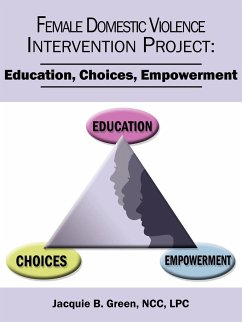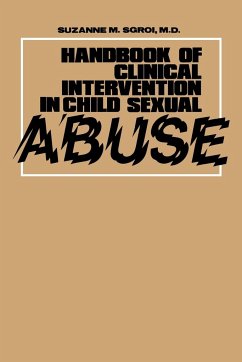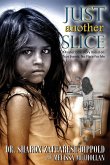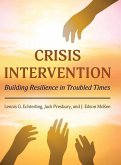This book harkens a new era of intimate partner violence intervention, one in which we are free to experiment with alternative ways to end intimate partner abuse." -Julia C. Babcock, PhD Professor, University of Houston, TX (From the Foreword) The book you hold in your hands offers a variety of approaches intended to help abusive men change by utilizing the strengths and assets they already possess." -Chris Huffine, PsyD Clinical Director Allies in Change Counseling Center Portland, OR (From the Foreword) Strengths-based batterer intervention programs serve as a unique approach to intimate partner violence (IPV), building on individual strengths-not deficits-to help IPV offenders end their abusive lifestyles. This book assists counselors in providing IPV offenders with the skills, knowledge, and resources they need to permanently change their offending behavior. The book discusses emerging theories and presents cutting-edge batterer intervention techniques that use positive psychology, such as solution-focused therapy, strengths-focused cognitive behavioral therapy, narrative therapy, and motivational interviewing. Key Features: Chapters are conveniently organized by therapeutic model, each discussing the latest research, core concepts, objectives, and applications Case studies, both real-life and hypothetical, presenting quotes from and dialogues with offenders undergoing treatment Counselor tools, including exercises, questions, and assessment strategies that build on the offenders' strengths and competencies Family violence professionals must recognize the power their clients have to utilize their strengths, skills, talents, desires, and dreams. It is from these strengths that clients will be able to transform themselves into the people they want to be."
Hinweis: Dieser Artikel kann nur an eine deutsche Lieferadresse ausgeliefert werden.
Hinweis: Dieser Artikel kann nur an eine deutsche Lieferadresse ausgeliefert werden.

